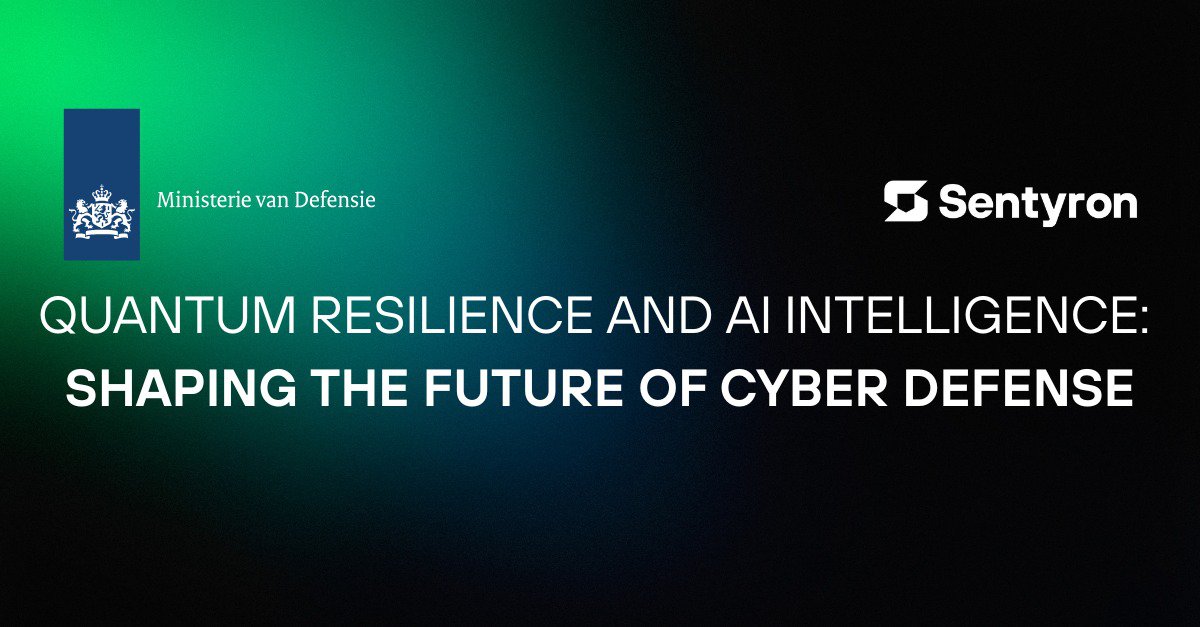The Dutch Ministry of Defence has published an updated Defense Cyber Strategy (DCS) to strengthen national and allied protection against growing digital threats. The new framework outlines how the armed forces will expand their cyber capabilities, with a stronger focus on offensive operations, innovation, and collaboration with the private sector.
Proactive digital defense
Minister Brekelmans stated that the Netherlands must adapt to persistent and aggressive cyber activities from state actors such as Russia and China. The DCS calls for continuous engagement in the “grey zone” between war and peace, where cyber operations can prevent or disrupt attacks before they cause damage. Cyber capabilities are to become an integral part of military operations and hybrid warfare.
A key pillar of the strategy is the need for highly skilled cyber personnel and strong partnerships with companies and knowledge institutions. The Ministry highlights the importance of training, retention, and cooperation to strengthen national resilience.
The DCS identifies quantum technologies and artificial intelligence as critical for future military advantage. Quantum-safe encryption and AI-based situational awareness are emerging as essential capabilities for national security. State Secretary Tuinman summarized this shift: “Where once steel and gunpowder defined strength, today it is data and algorithms. IT is combat power.”
Sentyron’s view
The renewed Defense Cyber Strategy reflects a clear and necessary evolution: cyber power has become a decisive element of national defense. At Sentyron, we view this as both a responsibility and an opportunity to accelerate technological readiness in areas where resilience and sovereignty meet.
Our focus lies in building secure, quantum-resistant communication systems that remain reliable under the most demanding operational conditions. Quantum technologies are not just a future concern; they are shaping the architecture of today’s defense networks. Sentyron is actively developing solutions that ensure secure key distribution and long-term confidentiality in the post-quantum era.
Artificial intelligence also plays a central role in this transformation. Intelligent systems enable real-time threat analysis, anomaly detection, and automated response in complex and dynamic cyber environments. By integrating AI with cryptographic security and trusted communication layers, Sentyron supports a defense posture that is adaptive, autonomous, and resilient.
The DCS underlines the importance of public-private collaboration. Sentyron welcomes this direction and continues to work closely with defense organizations, research institutes, and industry partners. Together, we aim to translate strategic ambitions into practical, deployable capabilities that strengthen digital sovereignty and collective security across Europe.
